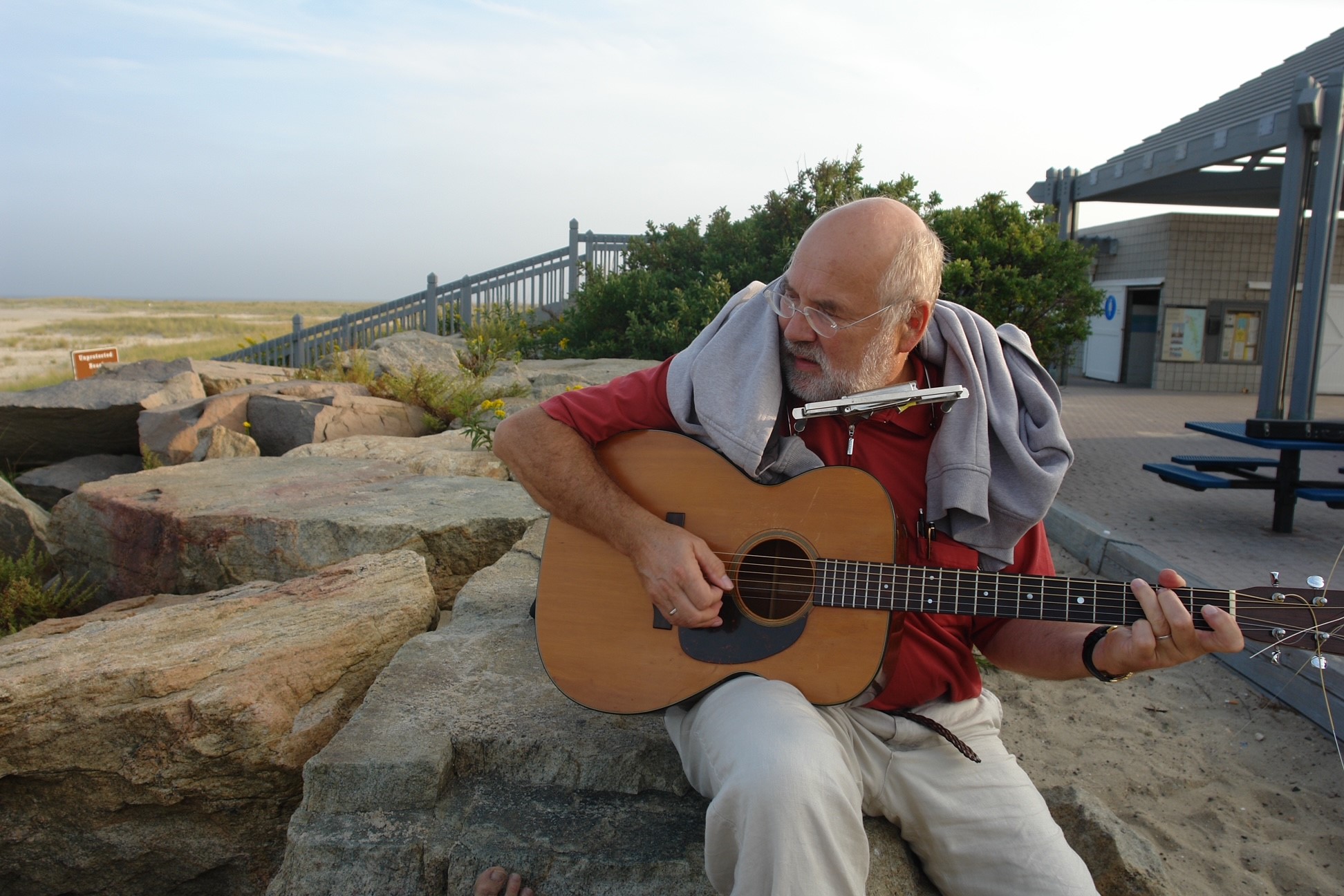Mathematisches Oberseminar: Quantenmechanische Vielteilchensysteme und relativistische Quantentheorie in Erinnerung an Prof. Dr. Detlef Dürr
In the winter term 2020 from
Dr. Dirk Deckert,
Prof. Dr. Detlef Dürr
and
Prof. Dr. Peter Pickl
The seminar is usually on Wednesdays, 16:15h, starting on the 11th of November and will take place on Zoom. Please contact us for the session link if you are interested to join.
In honor and remembrance of our beloved member and teacher

Prof. Dr. Detlef Dürr
Organizer: Manuela Feistl
News:
Updates may be distributed on short notice by mail to all people on an internal list. People interested in should contact
Dr. Dirk Deckert,
Prof. Dr. Detlef Dürr
or
Prof. Dr. Peter Pickl.
Talks
| Date |
Room |
Title |
Speaker |
Type |
| Wed 11.11.20, 16:15 |
Zoom |
New Results on Total Collisions
|
Dr. Paula Reichert
|
internal talk |
| Wed 18.11.20, 16:15 |
Zoom |
Tunneling
|
Markus Nöth
|
internal talk |
| Wed 25.11.20, 16:15 |
Zoom |
Classical laws of motion on Shape space
In this talk i will explain how the laws of motion of a
classical system for it's shape degrees of freedom can be derived. We
will first explain that the Newtonian theory cannot be a complete
theory of absolute space and time, because of appearence of constant
numbers (like graviatational contant and ...) which are not derivable,
nor explainable form the logical foundations of the theory. We then
explain how this foundational gap in Newtonian theory can be filled in
a way to make a relational description of a classical universe
possible, and at the end we will shortly discuss some cosmological
ramifications of this new theory. We would concentrate mostly on the
physical core of the work in this talk.
|
Sahand Tokasi
|
internal talk |
| Wed 02.12.20, 16:15 |
Zoom |
Three known deficiencies of Mathematical Quantum Field Theory
I will give a basic introduction into three well-known sources of infinites quantum field theory.
|
Dr. Dirk André Deckert
|
internal talk |
| Wed 09.12.20, 16:15 |
Zoom |
Stability of gapped quantum chains under small perturbations Dr. Alessandro Pizzo
We consider a family of quantum chains that has attracted much interest amongst people studying topological phases of matter. Their Hamiltonians are perturbations, by interactions of short range, of a Hamiltonian consisting of on-site terms and with a strictly positive energy gap above its ground-state energy. We prove stability of the spectral gap, uniformly in the length of the chain.
In our proof we use a novel method based on local Lie-Schwinger conjugations of the Hamiltonians associated with connected subsets of the chain. We can treat fermions and bosons on the same footing, and our technique does not face a large field problem, even though bosons are involved. Furthermore the method can be extended to higher spatial dimensions and to complex Hamiltonians obtained by considering complex values of the coupling constant.
(Joint work with S. Del Vecchio, J. Fröhlich, and S. Rossi.)
|
Dr. Alessandro Pizzo
|
external talk |
| Wed 16.12.20, 16:15 |
Zoom |
cancelled
|
|
|
| Wed 13.01.21, 16:15 |
Zoom |
Erinnerung an Detlef Dürr
With the great loss of our beloved member and mentor of our group, we do not want to proceed as scheduled.
The talk on Jan 13 will be postponed and instead we would like to invite, whoever this may help, to join a zoom meeting on Jan 13 at our regular time 16:15 to have a possibility, in these sad times, to share our thoughts and feelings, and our good memories of Detlef.
|
Dr. Peter Pickl und Dr. Dirk Deckert
|
internal talk |
| Wed 20.01.21, 16:15 |
Zoom |
Effective Description of Many-Body-Systems with Collisions
|
Dr. Peter Pickl
|
internal talk |
| Wed 27.01.21, 16:15 |
Zoom |
Laws of nature and free will
On the one hand, laws of nature, be they deterministic or probabilistic, seem to exclude human free will. On the other hand, the very formulation, testing and justifying of scientific theories and their laws presupposes human free will. In this talk, I will spell out why the latter claim is correct, give a precise formulation of the problem that laws of nature pose for human freedom and propose a solution that can be illustrated in terms of Bohmian mechanics as a physical theory with (deterministic) laws of motion.
|
Dr. Michael Esfeld
|
external talk |
| Wed 03.02.21, 16:15 |
Zoom |
Semi-relativistic QM of N-body systems composed of nuclei, electrons, and ... photons''
It is argued, with the benefit of hindsight, that by the end of 1927 a quantum-mechanical model could have been in place which reproduces the atomic and molecular energy levels of the many-body Pauli equation with Coulomb interactions and external classical electro- and magneto-static fields, without putting these interactions in by hand. It also describes the interaction of charged particles with electromagnetic radiation. Moreover, this model suggests a re-interpretation of Maxwell’s electromagnetic field equations as remnants of quantum-mechanical wave equations for photons. The creation / annihilation formalism for photons emerges without invoking second-quantizing the classical Maxwell equations, and without involving the concept of creation / annihilation, thus suggesting an alternative physical interpretation of this mathematical formalism. Furthermore, the model suggests that Lorentz co-variance of macroscopic physics models may emerge through a law of large numbers from a fundamental microscopic model which is not itself Lorentz covariant.
|
Dr. Michael Kiessling
|
external talk
|
| Wed 10.02.21, 16:15 |
Zoom |
Derivation of the Vlasov equation for monokinetic initial data
|
Duc Viet Hoang
|
internal talk |


